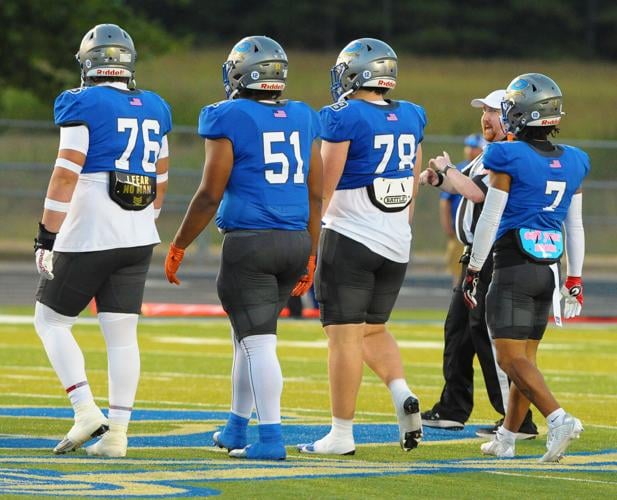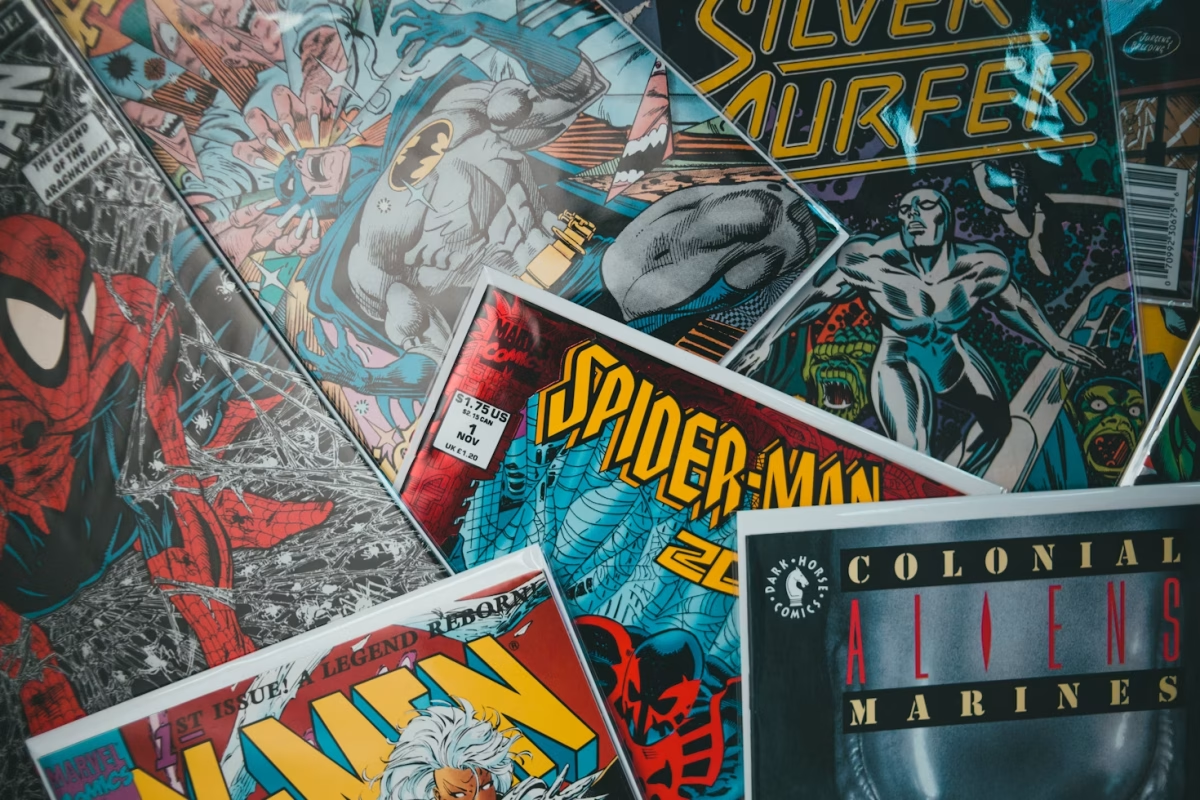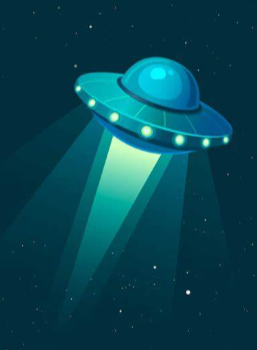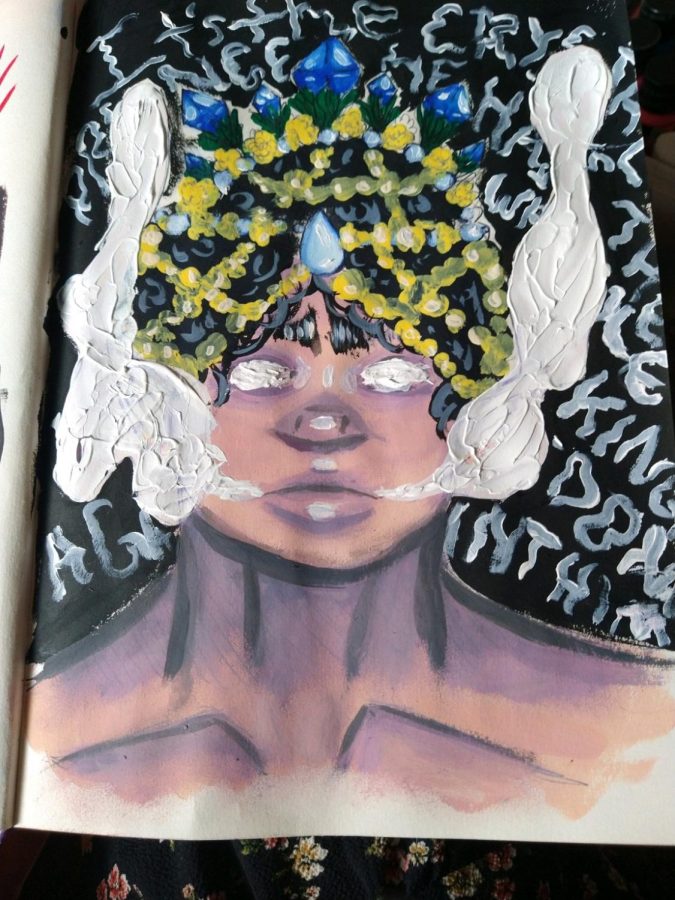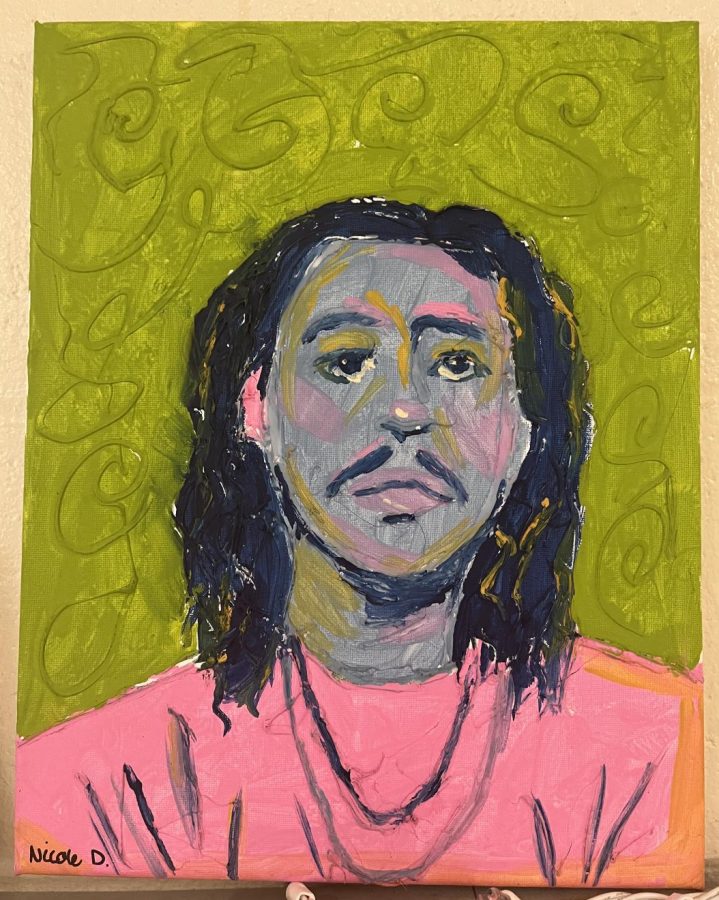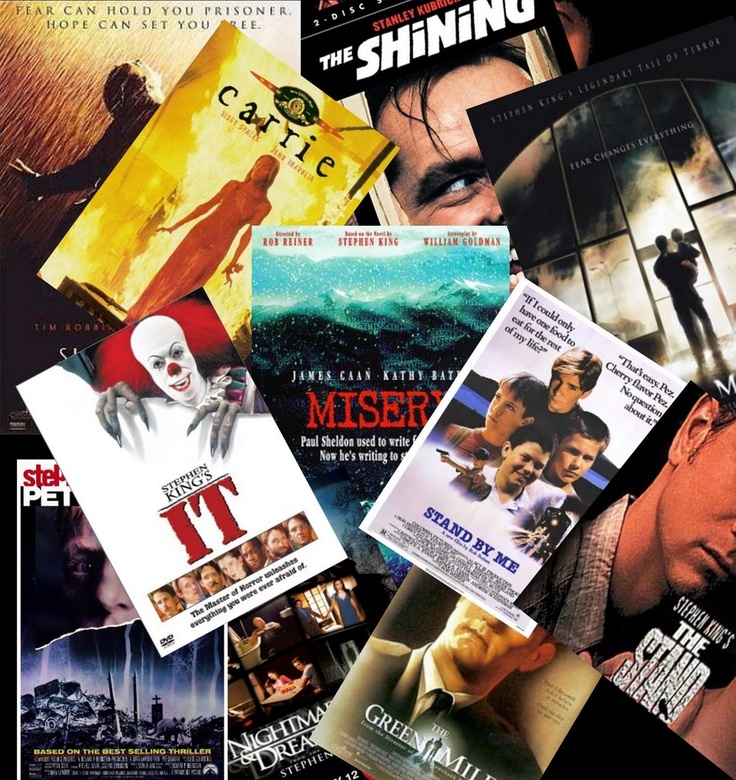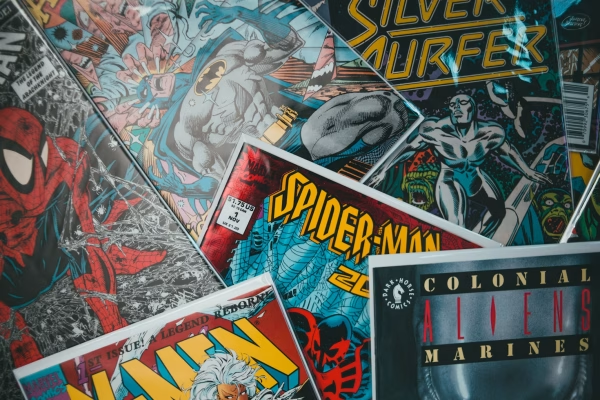Movie Adaptations: The True Horrors
Throughout cinematic history, ghoulish monsters and creepy characters have played a major role in many classic films — including those such as Carrie, Jack Torrence, Pennywise — by most famous, money hungry Hollywood industries. Every Halloween season, the box offices are cramped and cluttered with new horror (an oxymoron) movies resonating from original published stories, only without the original author’s vision in mind, most recently being Stephen King’s IT. This is by no means the first movie adaptation of one of Kings iconic literary pieces, nor the last, and neither is this the only film King himself has commented on.
Published in 1974, Carrie, a story about a young conservatively raised girl with telekinetic abilities, has been adopted into many pieces of media, including three feature films and even a 1988 Broadway musical. King paints the original adaptation in positive lighting for his interview with Entertainment Weekly over the 2013 remake, saying, “The real question is why, when the original was so good? I mean, not Casablanca, or anything, but a really good horror-suspense film, much better than the book. Piper Laurie really got her teeth into the bad-mom thing.” Compared to original 1974 director, Brian de Palma, director Kimberley Pierce left fans displeased after evacuating the theatres, turning Carrie into a watered-down version of itself, withholding various material from the origin text. As for the musical, it’s safe to say the shows been laid to rest just like good old Carrie White.
As far as Stephen Kings opinionated thoughts go, The Shining stretched him just as thin. Released in 1977, with King barely on his feet, The Shining swooped him up, brushed him off, and made him anew. Selling over 350 million copies, this token of literature thereby established King as the rightful “king” of the horror genre. 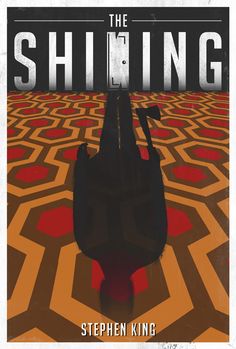 Writing this book to cope with his recovery from alcoholism would hit home to anyone, and that’s what Stanley Kubrick didn’t pick up on. Hitting the big screens in 1980, Kubrick cradled The Shining in his clammy hands and then proceeded to throw it to the ground. Stated in his 2014 Rolling Stone interview, “The character of Jack Torrance has no arc in that movie. Absolutely no arc at all. When we first see Jack Nicholson, he’s in the office of Mr. Ullman, the manager of the hotel, and you know, then, he’s crazy as a shit house rat. All he does is get crazier. In the book, he’s a guy who’s struggling with his sanity and finally loses it. To me, that’s a tragedy. In the movie, there’s no tragedy because there’s no real change.” King wrote this book in his own self-image — as previously stated, with his alcoholism in mind — and for Kubrick to take away the break of an otherwise “normal” character struck King deeply, “But I’m thinking to myself the minute he’s on the screen, ‘Oh, I know this guy. I’ve seen [Jack Nicholson] in five motorcycle movies, where Jack Nicholson played the same part.’” Not only did Jack’s character shift irritate King, but so did Wendy Torrance’s, “And it’s so misogynistic. I mean, Wendy Torrance is just presented as this sort of screaming dishrag.” Fans still debate on whether or not King was justified in his opinion, but one really can’t argue with the man who wrote his own horror autobiography.
Writing this book to cope with his recovery from alcoholism would hit home to anyone, and that’s what Stanley Kubrick didn’t pick up on. Hitting the big screens in 1980, Kubrick cradled The Shining in his clammy hands and then proceeded to throw it to the ground. Stated in his 2014 Rolling Stone interview, “The character of Jack Torrance has no arc in that movie. Absolutely no arc at all. When we first see Jack Nicholson, he’s in the office of Mr. Ullman, the manager of the hotel, and you know, then, he’s crazy as a shit house rat. All he does is get crazier. In the book, he’s a guy who’s struggling with his sanity and finally loses it. To me, that’s a tragedy. In the movie, there’s no tragedy because there’s no real change.” King wrote this book in his own self-image — as previously stated, with his alcoholism in mind — and for Kubrick to take away the break of an otherwise “normal” character struck King deeply, “But I’m thinking to myself the minute he’s on the screen, ‘Oh, I know this guy. I’ve seen [Jack Nicholson] in five motorcycle movies, where Jack Nicholson played the same part.’” Not only did Jack’s character shift irritate King, but so did Wendy Torrance’s, “And it’s so misogynistic. I mean, Wendy Torrance is just presented as this sort of screaming dishrag.” Fans still debate on whether or not King was justified in his opinion, but one really can’t argue with the man who wrote his own horror autobiography.
As far as Stephen King adaptations go, IT (2017) takes the cake. Playing off of the 1990’s miniseries (directed by Tommy Lee Wallace), director Andrés Muschietti returns 27 years later with the same classic story, only this time, focusing on the child members of the “Losers Club.”  King lightheartedly jokes with Variety about his engagement in the production, “I wasn’t involved at all. I wished them well. Geez, I don’t even think they sent me any swag from that one!” He then goes on to reassure, “But maybe that’s a good thing. I’ve seen it; it’s fabulous.” With his official stamp of approval, IT is by far one of the most well-reimagined remakes of Kings, also being the highest-grossing horror films of all time with $404.3 million dollars, breaking the glass roof by topping The Exorcist and crowning itself as the number one.
King lightheartedly jokes with Variety about his engagement in the production, “I wasn’t involved at all. I wished them well. Geez, I don’t even think they sent me any swag from that one!” He then goes on to reassure, “But maybe that’s a good thing. I’ve seen it; it’s fabulous.” With his official stamp of approval, IT is by far one of the most well-reimagined remakes of Kings, also being the highest-grossing horror films of all time with $404.3 million dollars, breaking the glass roof by topping The Exorcist and crowning itself as the number one.
Adaptions are nowhere near over, with King’s The Dark Tower soon to be released this Halloween (also known as “October”), and neither is the author’s statements and opinions on aforementioned upcoming films. Taking another person’s imagination and trying to convey their words into manifested works of media is very tricky and worthy of commendation, but with this comes the true underlying message and understanding of the piece, and one’s job to do it justice.







